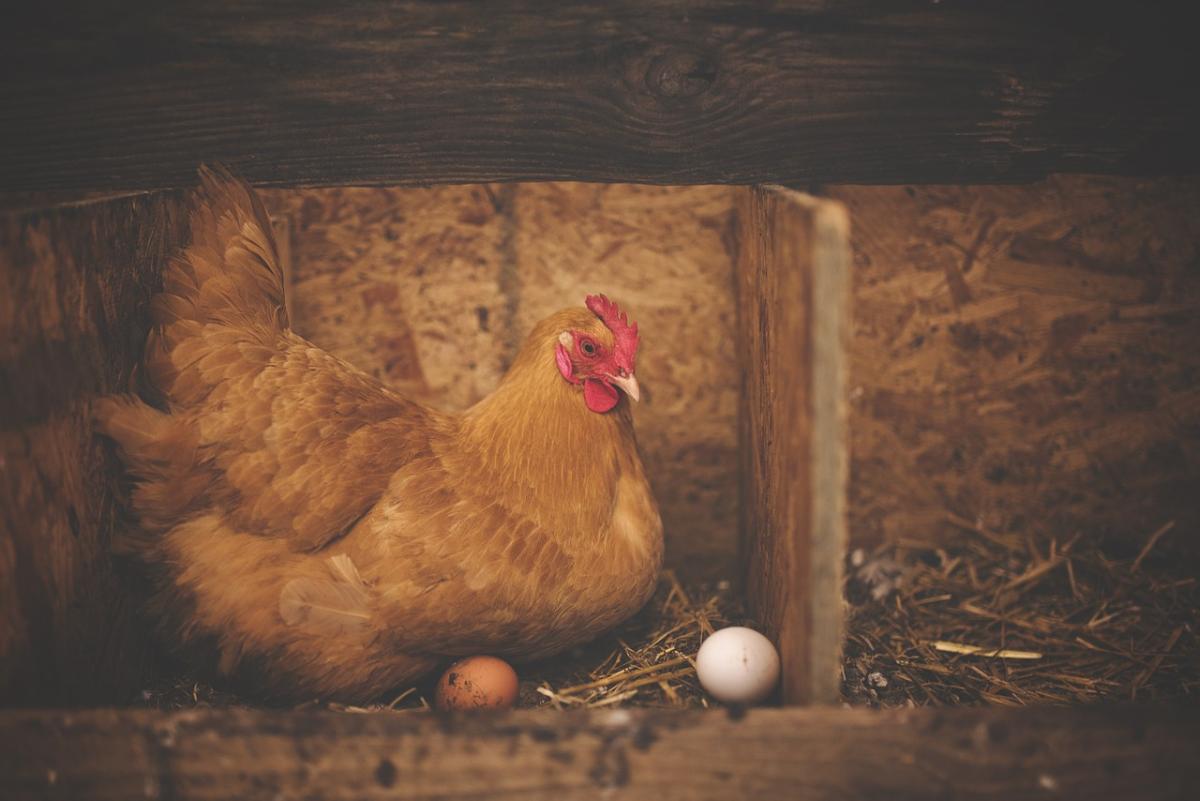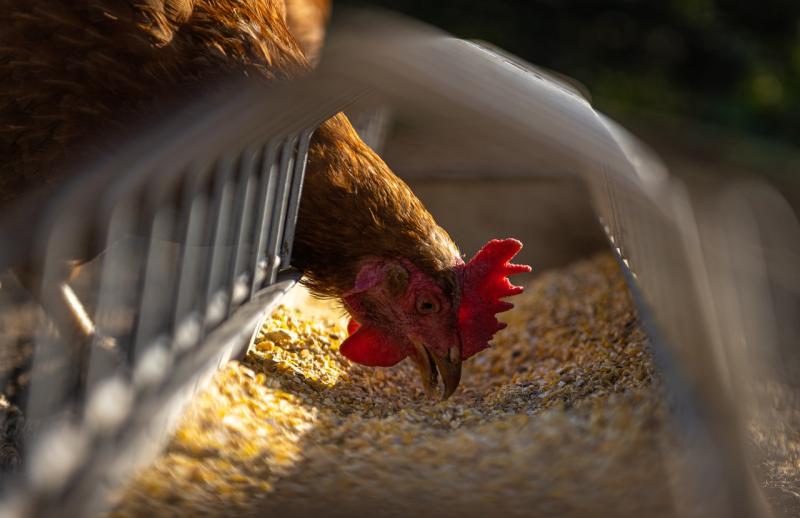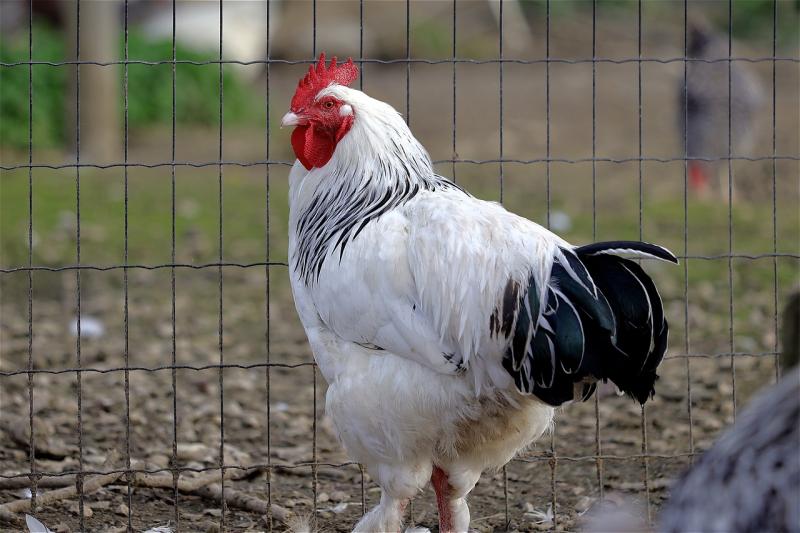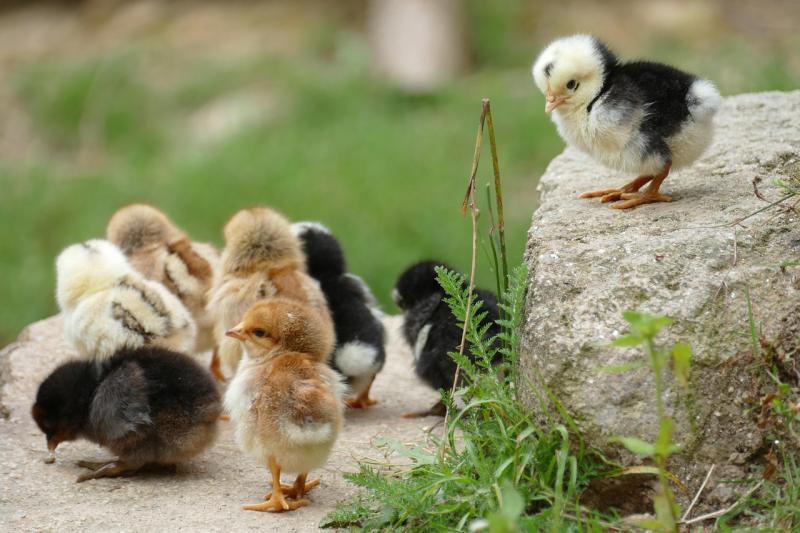When it comes to chickens and their egg-laying, there's a bit of a timeline to understand. Chickens typically start laying eggs when they reach around 5 to 6 months of age. However, this can vary depending on the breed. Some breeds, like the Leghorn, are known to start laying a bit earlier, while others may take their sweet time.
The process of laying eggs is influenced by several factors. Light plays a huge role; hens need around 14 to 16 hours of daylight to stimulate their egg production. This means that during the shorter days of winter, you might notice a dip in egg production. Keeping your hens in a well-lit environment can help keep them on track.
Another important point is nutrition. A balanced diet is essential for healthy egg production. Hens need a diet rich in protein to support their laying. Layer feed is specifically formulated to give your chickens the nutrients they need, so picking a good quality feed can make a difference.
Lastly, it’s worth noting that as chickens age, their laying patterns can change. Younger hens may lay more frequently, averaging about 5 to 6 eggs a week. But as they get older, this can drop. So, keep an eye on your flock, and remember that each hen has her own pace!
Signs Your Chicken is Ready to Lay
Getting ready for some fresh eggs from your chickens? It's an exciting time, and knowing when your hens are ready to lay can help you prepare. Here are some signs to look out for:
Behavior Changes: Watch for shifts in their behavior. When hens start to get ready to lay, they may become more social and interactive with each other. You might also notice them "nesting," which is where they start scratching around and looking for a cozy spot.
Squatting: One of the classic signs is squatting. When you approach your hen and she lowers her body, that’s a pretty good indicator she’s getting close to laying. This behavior is a sign of readiness and shows she’s becoming a little more comfortable with that idea.
Physical Changes: Keep an eye on their comb and wattles. As hens mature, these parts will usually become brighter and fuller. A healthy, bright red comb is a good sign that your hen is ready to start laying eggs.
Age: Most hens will start laying eggs around 5 to 6 months of age, although this can vary by breed. If your hen is around that age, there’s a good chance she’s getting ready to lay!
By keeping an eye on these signs, you’ll know when the eggs are just around the corner. Get ready to enjoy one of the freshest breakfasts you can imagine!
Best Breeds for Early Egg Production
Leghorn: These hens are egg-laying machines! Leghorns can start laying as early as five months old and can produce around 300 eggs a year. They’re known for being active and hardy, making them a great addition to your flock.
Plymouth Rock: Friendly and adaptable, Plymouth Rocks usually start laying around six months of age. Their cute striped feathers are just a bonus to their decent egg production, averaging about 200 to 250 eggs a year.
Rhode Island Red: If you’re looking for a reliable layer, Rhode Island Reds are a top choice. They typically start laying by six months and can produce about 200 to 300 eggs annually. Plus, they're known for their hardiness and friendly nature!
Australorp: These beauties are not just pretty to look at. Australorps are excellent layers, starting around five to six months old and can lay about 250 to 300 eggs a year. They're known for being calm and good with kids, too!
Choosing the right breed can really help you enjoy fresh eggs right from your backyard sooner. Think about the space you have, how much care you're ready to give, and of course, which hens you'd love to watch grow! Happy chicken keeping!
Caring for Chickens to Boost Egg Laying
Caring for your chickens properly can make a big difference in their egg-laying habits. A few simple practices can ensure your flock is happy and healthy, which usually translates into more eggs! Here are some tips to keep in mind:
Provide a Balanced Diet: Chickens need a mix of protein, vitamins, and minerals for optimal egg production. Look for commercial layer feeds that are specifically designed for laying hens. You can also supplement their diet with kitchen scraps like fruits and veggies.
Ensure Fresh Water: Always have clean and fresh water available. Dehydration can lead to decreased egg production. Change the water daily and make sure it's easily accessible to all your hens.
Comfortable Living Conditions: Chickens thrive in a cozy environment. Make sure their coop is clean, spacious, and well-ventilated. Provide nesting boxes with clean bedding so they feel safe when laying eggs.
Maintain a Regular Light Schedule: Chickens need about 14 hours of light each day to lay eggs consistently. If natural daylight is short, consider using a light in their coop to mimic those longer days, especially during winter.
Limit Stress: Stress can negatively affect egg-laying. Handle your chickens gently and keep their environment calm. Avoid introducing new birds too quickly and keep a routine, so your hens know what to expect.
By following these simple steps, you'll create a nurturing environment that encourages your chickens to lay eggs consistently. Happy hens mean lots of delicious eggs!



